Legacy media is not offering anything new: intellectual regression, increased privatisation, reduced grant funding, and less editorial freedom. Abla Kandalaft, a Lebanese journalist, and founder of Mydylarama, picked up on this and took action. Her work in film curation is changing the way British cinema audiences connect with immigrant narratives beyond the race-baiting headlines and one-dimensional legacy perspectives. The Prisma Series “Journalists and immigrants in the UK”.
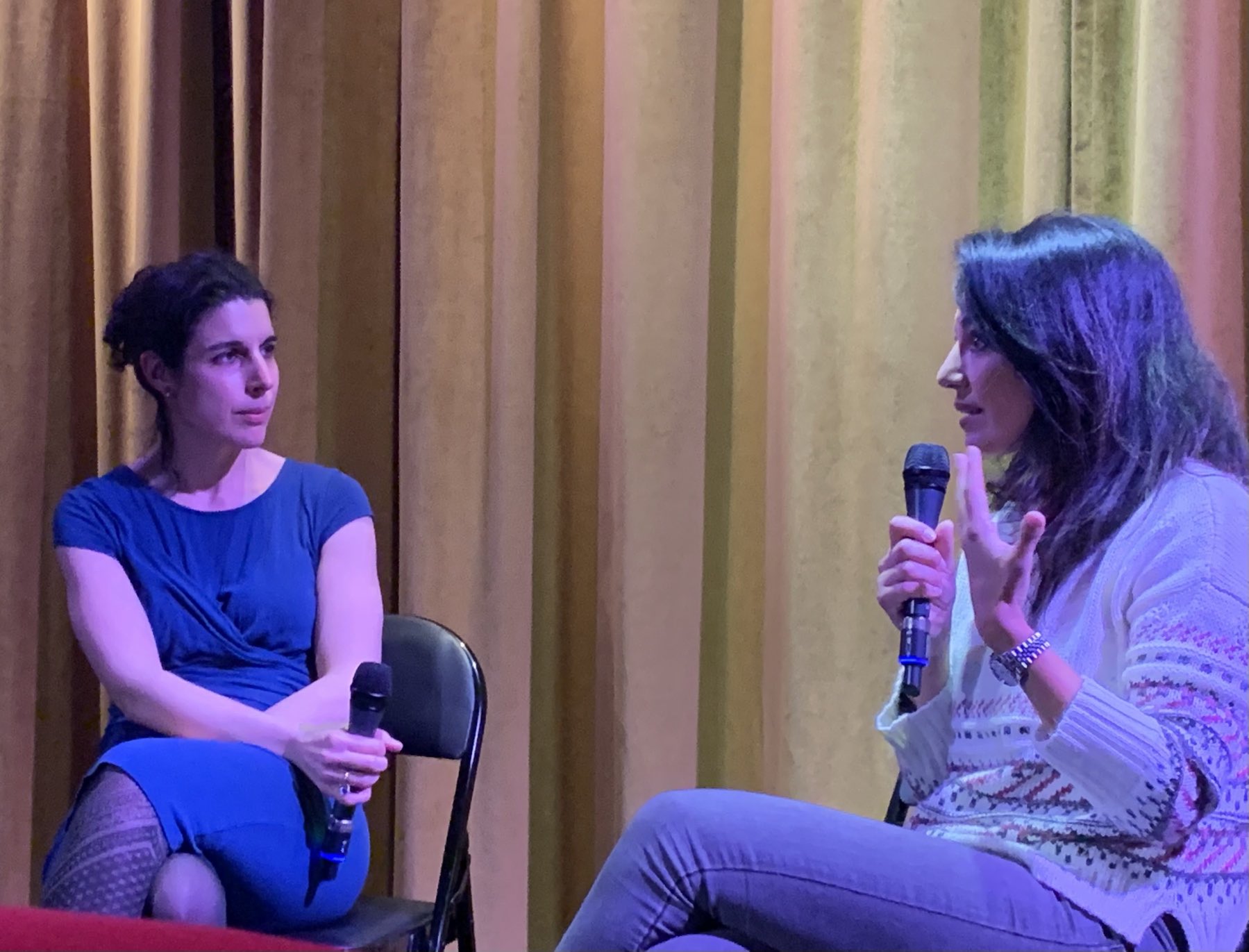
Harry Allen
Lebanon is consistently viewed as one of the major emigrant nations across the world – from 1975 to 1990, Lebanon saw over 1 million citizens flee the country due to civil war. At just 4 years old, Abla Kandalaft became part of that mass movement.
For Abla’s parents, the choice was France, thanks to her mother’s French citizenship.
A bitterly divided Lebanon was struggling to decide its position regarding pro-Palestine resistance operations on its soil after Israel invaded in 1982, causing the Palestinian Liberation Authority to retreat into South Lebanon. Abla’s father was involved in much of this and his impact has no doubt driven her early career motivations to focus on Lebanese affairs.
“There’s always a part of me that is not quite at home in the United Kingdom because of the way we left Lebanon”, explains Abla, who says they arrived in the UK in 1989. “It’s not like we wanted to come, but we just had to”.
Abla has always sought to keep ties to the region through her work as a news producer and special researcher. She first cut her teeth at the Associated Press and later on, the BBC, where she worked for 5 years. She also has a history of translation, interpreting and more recently, film curation.
She has never paid particular reverence to the British media as she feels it is no different to that of Lebanon, both countries don’t have completely free media, and both are biased towards their respective party affiliations.
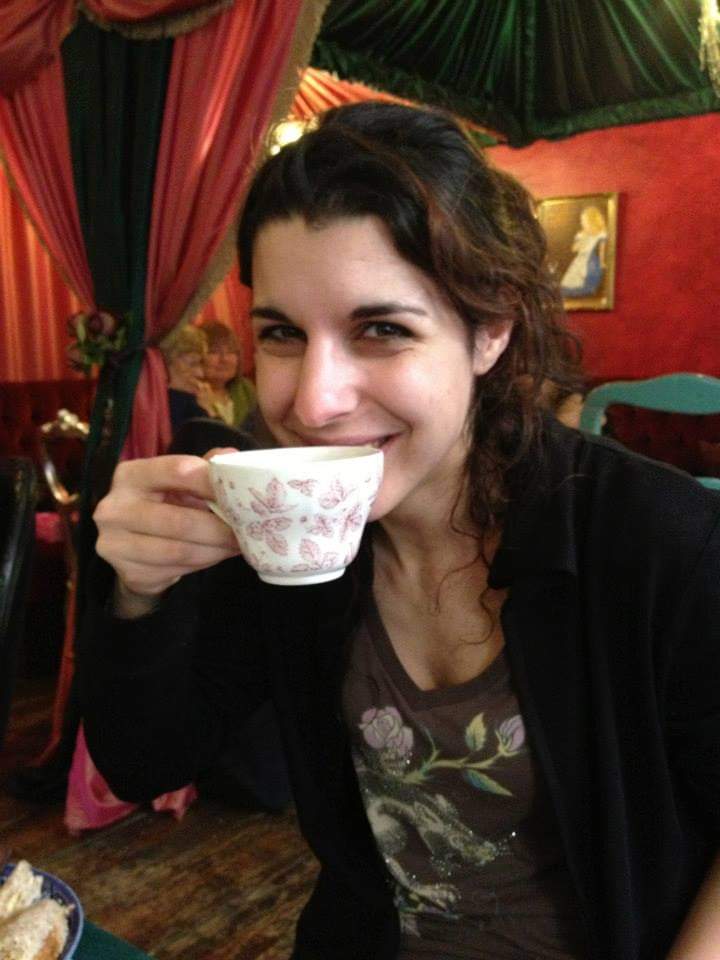 Britain “doesn’t set a particularly high bar” when it comes to media integrity Abla continues. Privatisation has the same effect in media, no matter the country.
Britain “doesn’t set a particularly high bar” when it comes to media integrity Abla continues. Privatisation has the same effect in media, no matter the country.
Building a new platform in film
Abla made it clear that the business side of journalism can be quite burdensome, and the bureaucracy takes a huge amount of satisfaction away from her daily running of the Mydylarama, platform, which she co-founded in 2010 with a few friends.
Mydylarama, Abla’s all-female media outlet, is an editorial and events organisation, publicising independent and international films. Her current work at the Garden Cinema, Covent Garden, complements that, often showing independent Arabic cinema.
When quizzed on the difficulties she faces in getting international films out in the open, Abla takes the line that the “human element” is the best way to reach non-migrant British audiences.
“Family strife, unrequited love, arguments – those kinds of things,” Abla says, are much more relatable to movie-goers. However, it’s the recent genocide in Gaza that has spotlighted the region and increased engagement in Middle Eastern topics.
Diaspora groups in the UK, referencing Arabic speakers, are probably of equal difficulty when confronting polarising issues in her journalism and film. There is a lack of pragmatism in the Arab communities she says, while still stressing the importance of nuance on these topics.
A pragmatic choice for many Syrians on the ground, was an appalling choice for those Syrians in Europe, referring to support for Russian intervention in Syria when facing ISIS.
Media outlets in the UK struggle to capture the multidimensional lens needed to tackle complex topics, with Abla now preferring the subtle critique through her curation and covid-birthed podcast, looking at films from a sociological perspective.
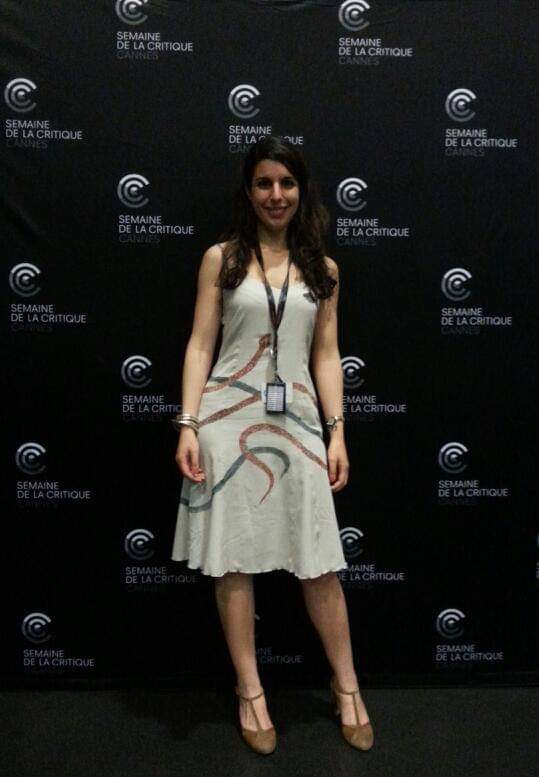
Abla has enjoyed MyDylarama’s “niche, and off-the-radar” approach to critique for this very reason. The publication focuses more on film theory and platforming events, so there’s never been that incentive to grow the outlet beyond her own passion.
Mydylarama has never come into conflict with any public bodies, except for taxes and filing accounts. Often the most soul-destroying element of running anything in the UK.
“I think the fact that we felt that way made us focus on visual culture,” she says mentioning MyDylarama’s non-confrontational tone, which doesn’t necessarily par with her own strong convictions on Middle Eastern issues regarding Palestine and Syria.
The stamina needed to be in that political arena can be demanding, and Abla admits she doesn’t want to get into that, especially when having younger children. Despite this, funding from subscriptions and paid partnerships with film festivals haven’t been too difficult to come by.
The British media landscape
After coming from a career in ‘legacy media’ there is a lot to be said of the changing nature of her work. As a news producer, she felt the grip of network media, which seemed intent on keeping opinions as sanitised and narrow as possible.
Senior producers would often have “a very anglophone, wealthy” contact list of people in Lebanon which Abla argues shrinks the news-gathering perspective at bigger UK media organisations.
“It was a closed club,” and most in the media circle had the “same school, family links and associations,” which is something Abla tried to change, opting to use her own contact list for assignments in Lebanon.
It wasn’t long before the years of vague contract assurances and promises of promotion came to a standstill. After 5 years her show was cancelled, with an impending promise of a new one that never materialized. Abla was able to receive compensation for her employer’s mistreatment.
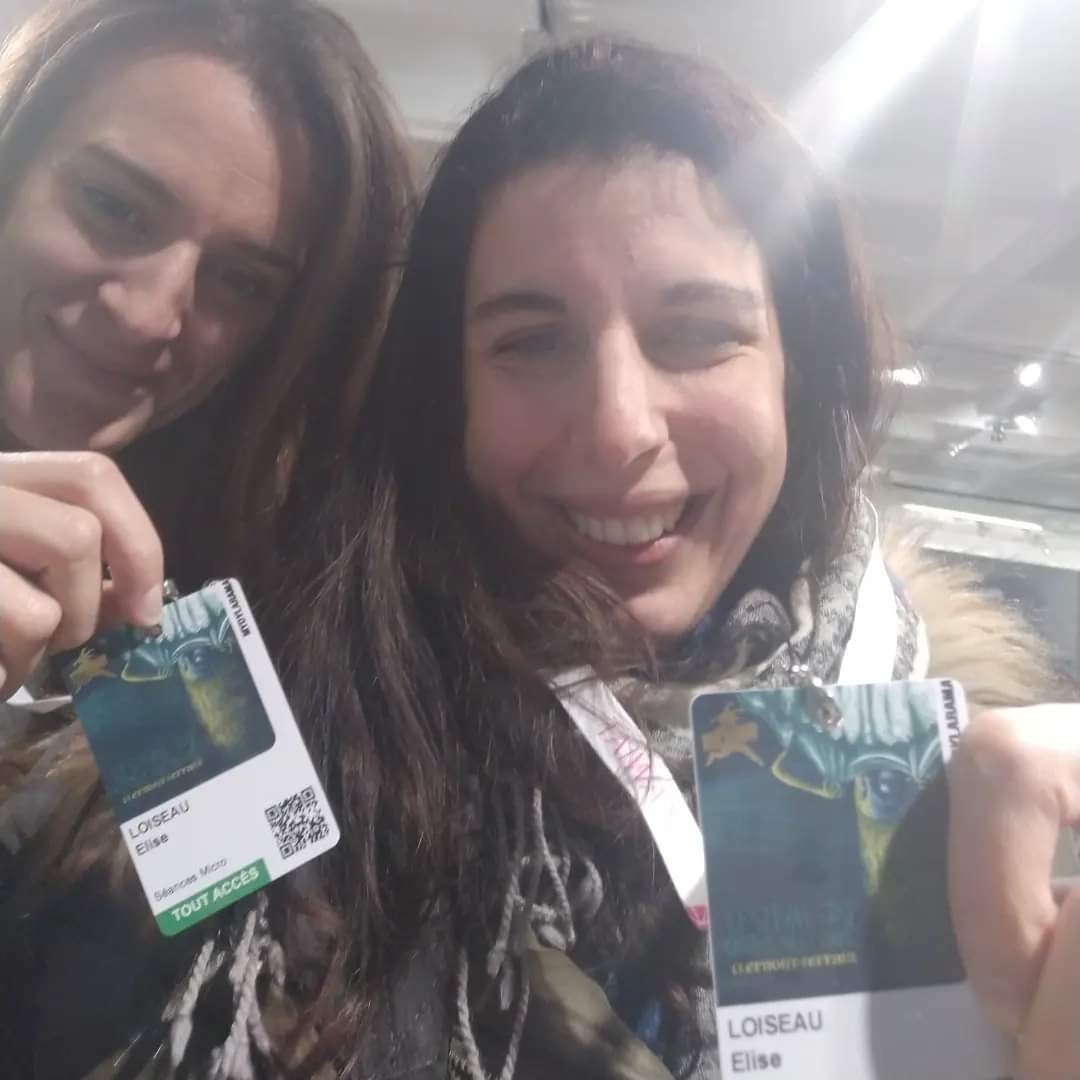 Naturally, this is where her path towards private work opened up because you need the contacts and money to keep going in journalism. Legacy media in Britain could never offer those assurances.
Naturally, this is where her path towards private work opened up because you need the contacts and money to keep going in journalism. Legacy media in Britain could never offer those assurances.
“There is very little interest to get [young] people in the media because it’s quite onerous,” she says pointing to rising university fees, lack of access schemes and long internships for low pay.
That is why she says that through her work at the Independent Media Association, she seeks to make journalism sustainable, where independent media is genuinely supported.
She does feel there is a growing appetite for niche outlets in the UK, with many people voicing their frustration at the current state of mainstream media.
When asked about opportunities for underrepresented groups in journalism – Abla finds herself in the unique position of being a younger first-generation migrant who lived with the direct impact of being forced to flee Lebanon.
The hardest thing to do, she finds, is to connect those second-generation migrants who struggle, or don’t want to engage with the happenings of their other culture.
“Social media is changing the landscape, and most of my news comes from Twitter,” she adds. “The regulators are not quite fit for purpose, and that leaves the audience to give up on them,” she explains, referring to the lack of reliability in online news.
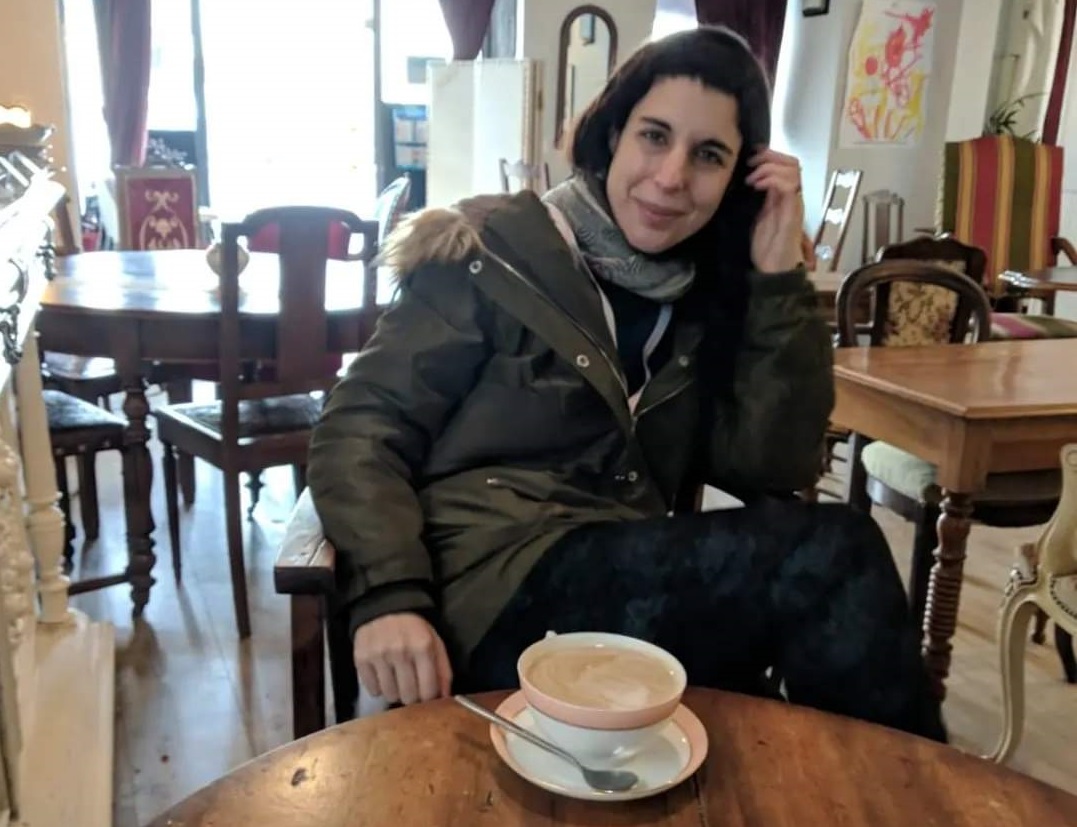 “Legacy media is kind of regressing at this point.” She adds, whilst remaining very much forward-thinking about other parts of the industry.
“Legacy media is kind of regressing at this point.” She adds, whilst remaining very much forward-thinking about other parts of the industry.
Abla is a rationalist when it comes to the outlook for media and its progression into new formats. You can sense her passion for it, for Mydylarama too, which will continue in a passion-first format.
(Photos supplied by the interviewee and authorised for publication.)












.jpg)












